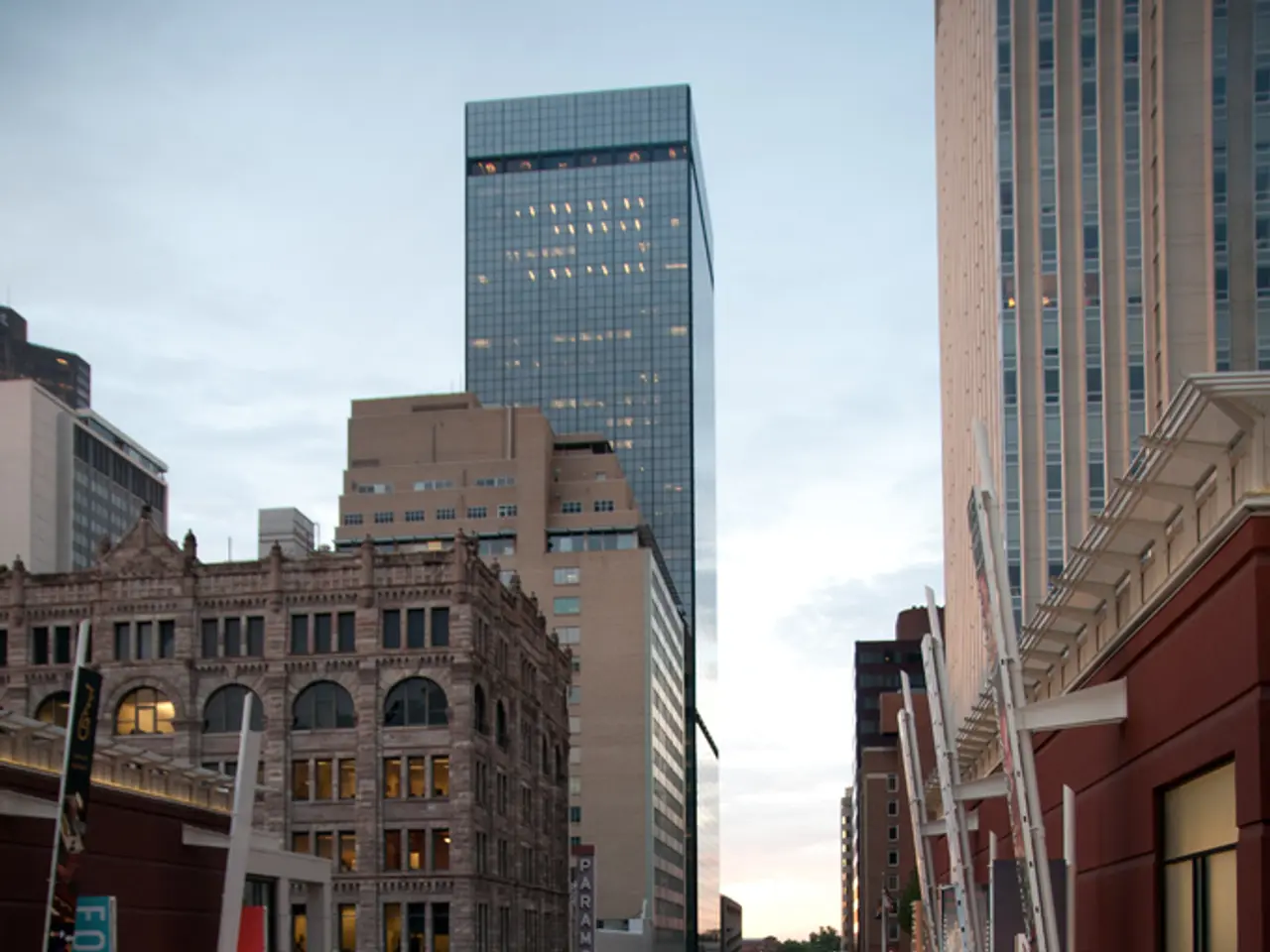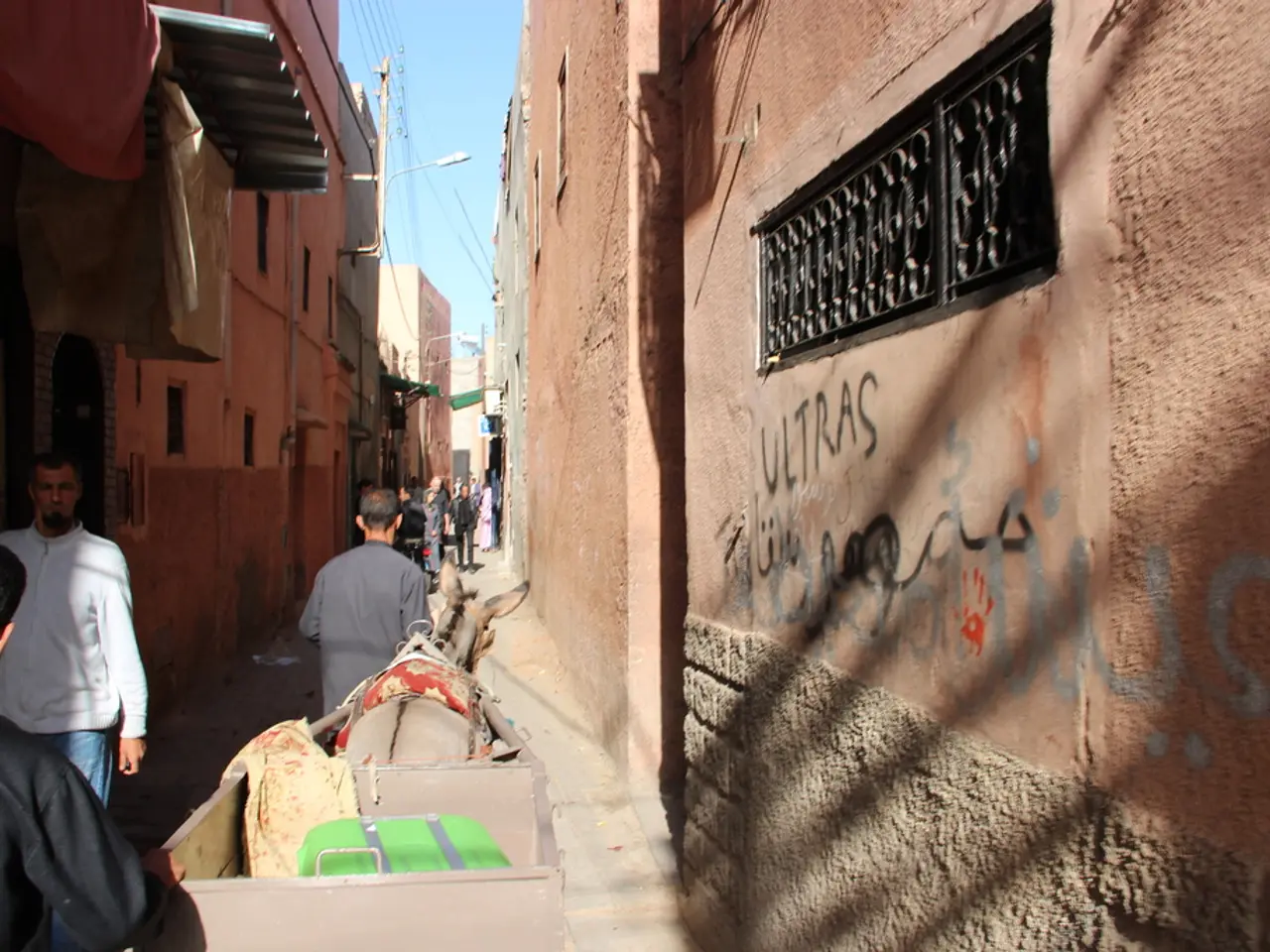Religious leaders argue that prohibiting religious festivities, as seen in Jumilla, equates to discrimination
In a significant move towards upholding religious freedom and non-discrimination, the Spanish national government has ordered the Jumilla municipality to annul the ban on religious celebrations in public sports facilities. The ban, initially enacted by Jumilla's conservative local government and backed by the far-right Vox party, had targeted Muslim festivities like Eid al-Fitr and Eid al-Adha.
The ban, presented as a promotion of traditional values, was widely seen as a political attack on the Muslim community. The Spanish Ombudsman had probed the ban due to concerns about restricting religious freedoms, asking the municipality to clarify how it would respect the right to worship in public spaces.
Spain’s national government, including Territorial Policy Minister Ángel Victor Torres and Migration Minister Elma Saiz, publicly condemned the ban, affirming the constitutional right to freedom of religion and rejecting discriminatory practices. The Catholic Church in Spain also opposed the ban, defending public religious expressions as constitutionally protected rights.
The United Nations Alliance of Civilizations (UNAOC) criticized the ban for violating international human rights standards regarding freedom of thought, conscience, and religion. The Spanish Episcopal Conference (CEE) backed the Islamic Commission and criticized the ban, stating it is a form of discrimination.
The Muslim community of Jumilla interprets the ban as more than a political attack. Walid Habbal, the coordinator of the Islamic Commission of the Region of Murcia, views the ban on religious celebrations in Jumilla as a "step back" and a "lack of respect".
The mayor of Jumilla defended the regulation as non-discriminatory, but the political context included backing by Vox, known for far-right positions, and regional tensions related to immigration. The Government has stated it will closely follow hate speeches in Jumilla and sees the situation as part of the "extremist and exclusionary drift" of the PP and Vox governments.
The Islamic community leaders in Jumilla have called for calm and will hold an assembly in mid-September to decide their next steps. Mohamed Benallal, a community leader, made an appeal for calm before the town's famous wine festival.
The ban was part of a municipal initiative by PP that modified and reduced a previous motion by Vox that explicitly proposed banning Islamic celebrations. Benallal suggests seeking alternative solutions to the ban, with some opinions favoring asking for other spaces and others arguing that they have the right to use public facilities due to paying taxes.
The right to religious freedom, including public religious manifestations, is protected by the Spanish Constitution (Article 16.1). The Universal Declaration of Human Rights also states that everyone has the right to freedom of thought, conscience, and religion (Article 18). PP's general coordinator, Elias Bendodo, has responded that they are a "constitutionalist" party that respects the "beliefs and customs of all".
Habbal urges the Jumilla City Council to find alternatives to avoid losing social cohesion gains. The only possible intervention by public authorities regarding religious celebrations should be in case of public order disturbance, to be evaluated objectively by specialists.
The Spanish Ombudsman's investigation into the ban on religious celebrations in Jumilla, instigated by concerns over restricting religious freedoms, highlights the need for clear adherence to the municipalities' respect for the right to worship in public spaces. The average citizen, following the unfolding events, may question the general-news worthiness of the political motives behind such policy-and-legislation, especially given the international scrutiny from organizations like the United Nations Alliance of Civilizations (UNAOC).






